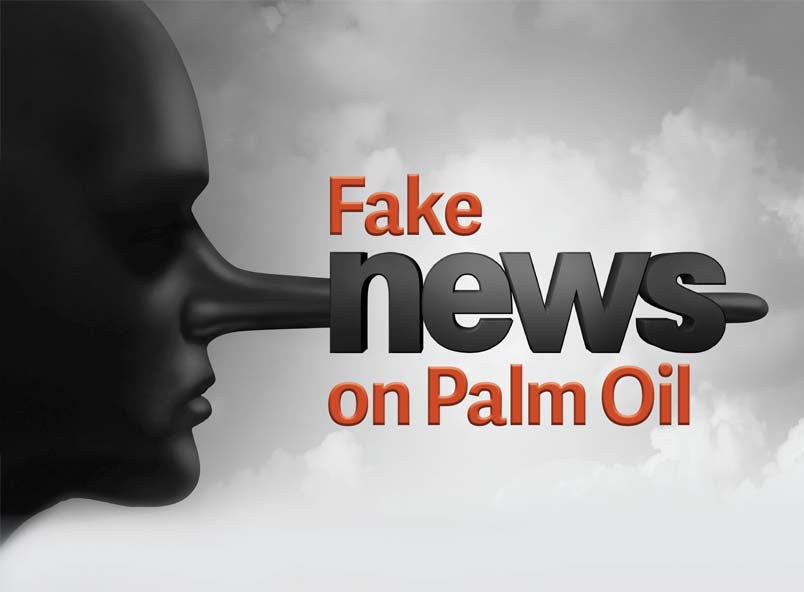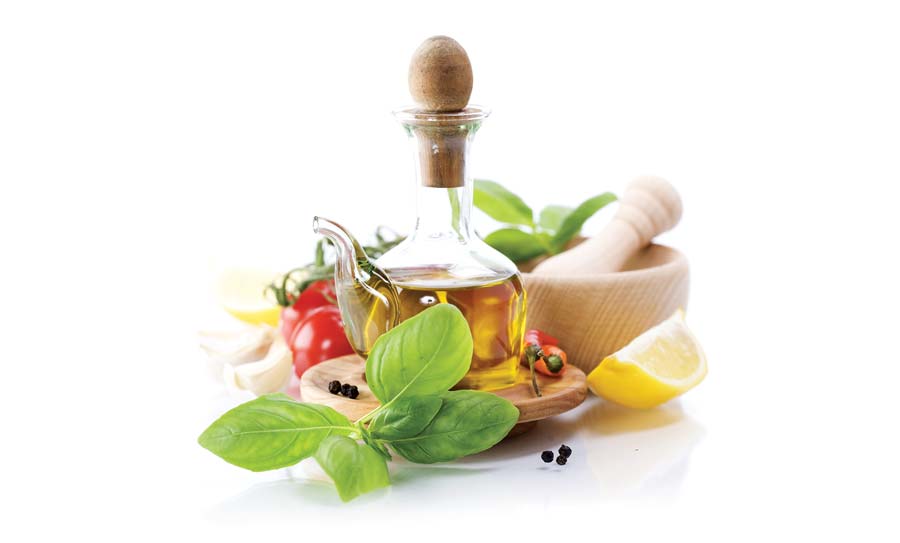



Real effort required
Unfortunately, the narratives created by ‘fake news’ result in proposed, and sometimes implemented, laws and regulations that run counter to the interests of the palm oil industry and the needs of the consumer.
With respect to deforestation, the European Parliament’s Committee on the Environment, Public Health and Food Safety published its Draft Report on ‘Palm oil and deforestation of rainforests’, and debated it in November 2016. The Draft Report and ensuing debate were clearly influenced by biased news and sources of information, including even references to the ‘reckless cultivation of oil palm’.
The potential effects of such one-sided debates are real – at the European Parliament’s public hearing, there were calls for an increase in import duties on palm oil and a ban on the use of palm oil as a biofuel in the EU. These were then included in the draft Resolution of the European Parliament.
The Draft Report is scheduled to be finalised by March. Even if it does not result in some of the proposed measures, the precedent set by the rhetoric and the allegations voiced during the debate is disturbing.
 By driving the narrative and by systematically requiring the palm oil industry to be on the defensive, competitors and detractors can admittedly get away with other non-legal and/or illegal initiatives as well. This is related, in particular, to the increasing use of ‘No palm oil’ or ‘Palm oil-free’ labels on food products in the EU market.
By driving the narrative and by systematically requiring the palm oil industry to be on the defensive, competitors and detractors can admittedly get away with other non-legal and/or illegal initiatives as well. This is related, in particular, to the increasing use of ‘No palm oil’ or ‘Palm oil-free’ labels on food products in the EU market.
Arguably, in the EU at least, such labels are non-permitted nutritional claims and misleading and/or self-evident, given that EU law already requires palm oil to be included in the list of ingredients of food products when it is present. Nonetheless, EU institutions and member-states have not been targeting and sanctioning these labelling schemes.
It is the duty of stakeholders in the palm oil industry to increase efforts to counteract ‘fake news’. They should also explore more avenues for legal, commercial, political and/or diplomatic engagement that could lead to better enforcement of existing laws and regulations, or work on clearer legislation that adequately protects the commercial rights and interests of all operators.
FratiniVergano
European Lawyers
Pages : 1 2